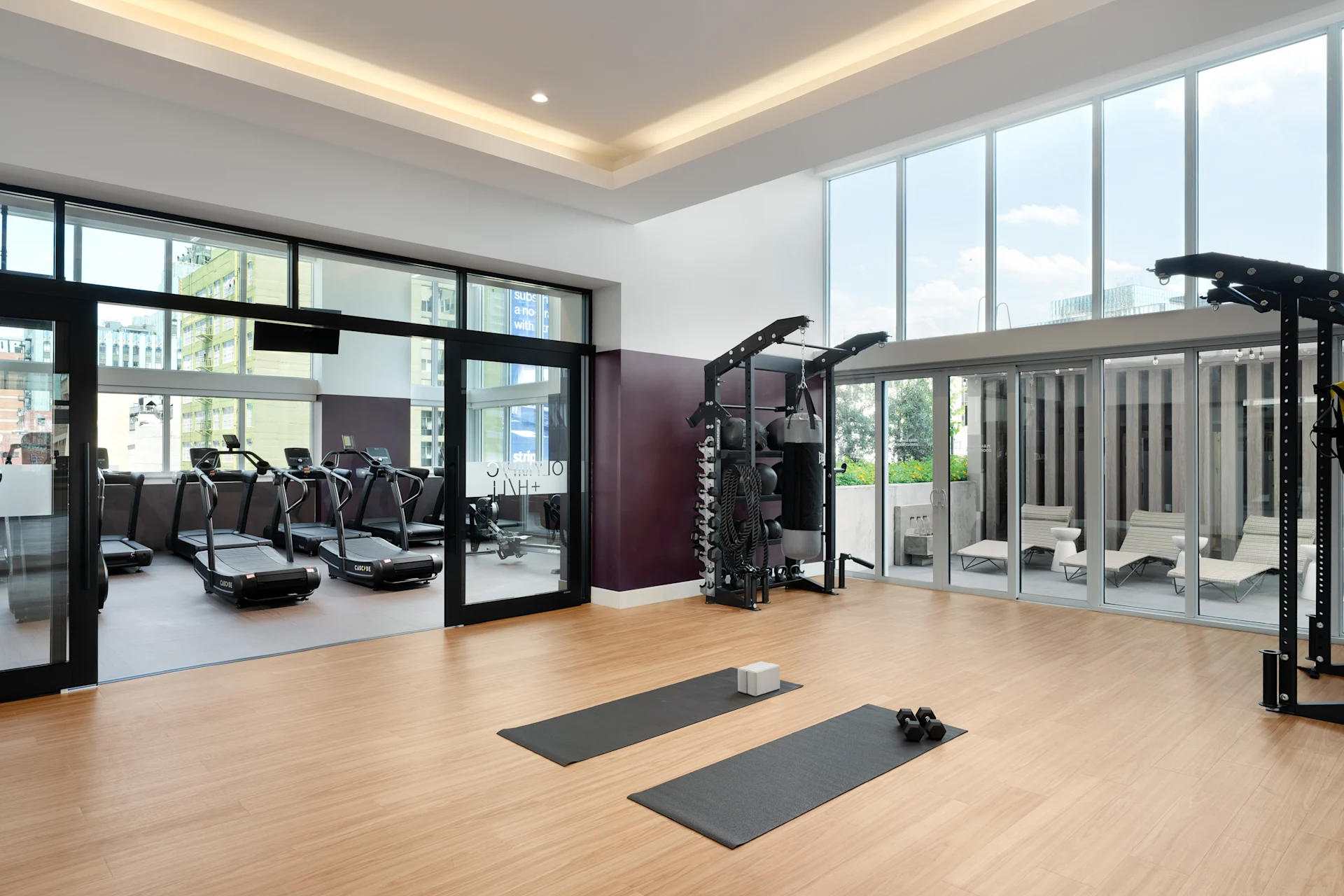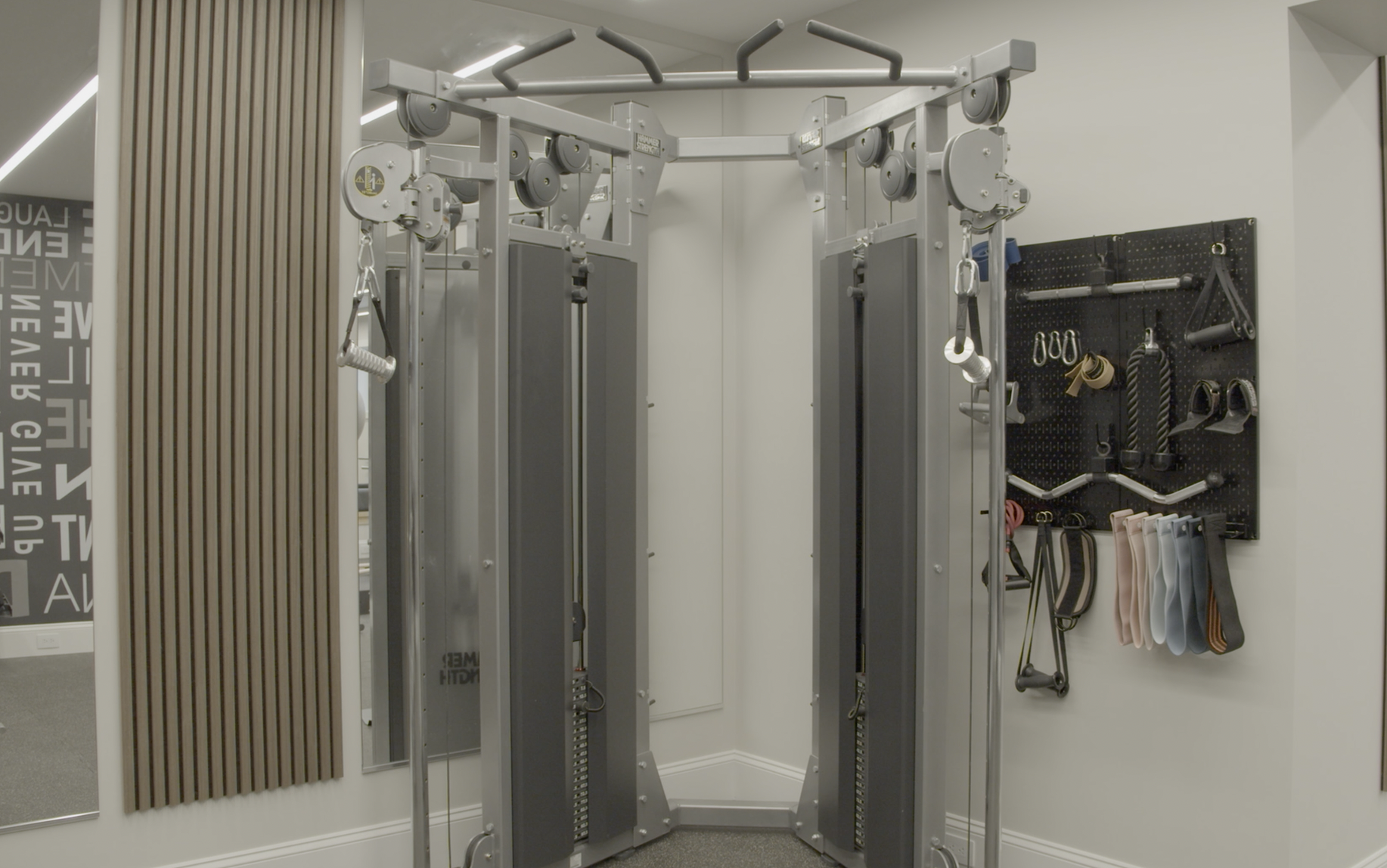Lease vs Buy Fitness Equipment for Property Developers
.png)
Deciding between leasing or buying fitness equipment is a common dilemma for gym owners and fitness entrepreneurs. Each option has its advantages, complexities, and potential financial implications. In this article, we explore the key factors you need to consider when making this decision, ensuring you choose the best path for your business growth.
Understanding the Benefits and Drawbacks of Leasing Fitness Equipment
- Lower Upfront Costs: Leasing fitness equipment typically requires lower initial expenditures compared to buying, making it a budget-friendly choice for gym owners.
- Access to the Latest Technology: Leasing offers the flexibility to upgrade to newer models, thus reducing the risk of owning outdated equipment.
- End of Lease Considerations: Equipment leased must be returned at the end of the lease term unless a buyout option is available.
- Tax Advantages: Lease payments may be deductible as operating expenses, providing potential tax benefits.
- Contractual Obligations: Lease agreements often stipulate specific terms and could include penalties for early termination.
The Advantages and Challenges of Buying Fitness Equipment
- Complete Ownership: Purchasing gives you full ownership, allowing flexibility with asset management, such as the ability to sell or trade in equipment.
- Asset Retention: Ownership allows gym owners to potentially capitalize on the resale value of the equipment.
- High Initial Investment: Buying typically demands a larger upfront financial commitment, which may not be feasible for all businesses.
Common Misconceptions and Important Measurements
- Leasing Costs: A prevalent misconception is that leasing is always more expensive over time. However, leasing provides flexibility and can save costs upfront.
- Lease Agreement Terms: Understand that lease agreements may require the first and last month's payment at signing, affecting initial cash flow.
In conclusion, the choice between leasing and buying fitness equipment largely depends on your financial position, business goals, and long-term strategy. Assess your budget, analyze potential tax benefits, and consider future equipment needs before making a decision. Always ensure that you read and understand all contractual terms before committing. Ready to make a smart investment in your fitness business? Explore your options and align them with your strategic objectives. Contact a financial advisor if further guidance is needed to optimize your decision-making process.


